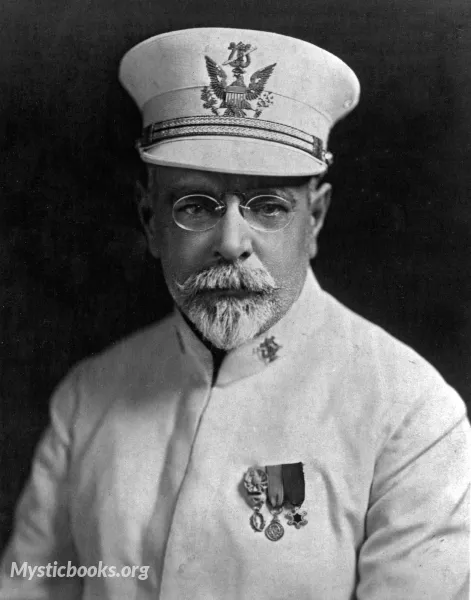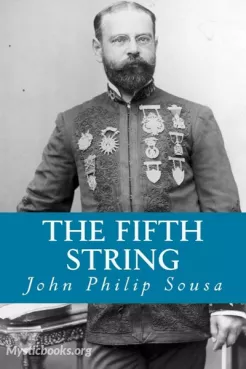
Timeline
Title
Country/Nationality
John Philip Sousa
John Philip Sousa (November 6, 1854 – March 6, 1932) was an American composer, conductor, and bandmaster. He is known as the "March King" for his many marches, which are still popular today.
Sousa was born in Washington, D.C., and he began his musical career at an early age. He studied violin and cello, and he also learned to play the piano and organ. In 1868, he joined the Marine Corps Band, where he served as a trombonist and arranger.
Sousa left the Marine Corps in 1892 to form his own band. The Sousa Band quickly became one of the most popular bands in the world, and it toured extensively throughout the United States and Europe. Sousa wrote over 100 marches, including "The Stars and Stripes Forever", "Semper Fidelis", and "The Washington Post". He also wrote operettas, suites, and other musical works.
Sousa was a strong advocate for music education, and he founded the National School of Music in 1923. He was also a vocal opponent of censorship, and he fought for the right of musicians to perform their music freely.
Sousa died in 1932 at the age of 77. He is remembered as one of the most important figures in American music.
Here are some of the principles that guided Sousa's work:
- Excellence: Sousa was a perfectionist, and he demanded excellence from his musicians. He believed that music should be performed with passion and energy.
- Innovation: Sousa was always looking for new ways to improve his music. He was one of the first composers to use syncopation and other modern techniques in his marches.
- Patriotism: Sousa was a strong patriot, and his music often reflected his love of country. He believed that music could be used to inspire patriotism and promote unity.
- Education: Sousa was a strong advocate for music education. He believed that everyone should have the opportunity to learn about music and to enjoy its benefits.
- Freedom: Sousa was a strong opponent of censorship. He believed that musicians should be free to perform their music without fear of reprisal.
Sousa's work had a significant impact on American music. His marches are still popular today, and they are played at sporting events, parades, and other occasions. Sousa is also remembered for his advocacy of music education and his fight for freedom of expression
Books by John Philip Sousa

The Fifth String
"The Fifth String" by John Philip Sousa is a captivating novel that takes you on a musical journey like no other. Imagine a world where the power of music transcends the ordinary, where a single string possesses the ability to change lives and destin...